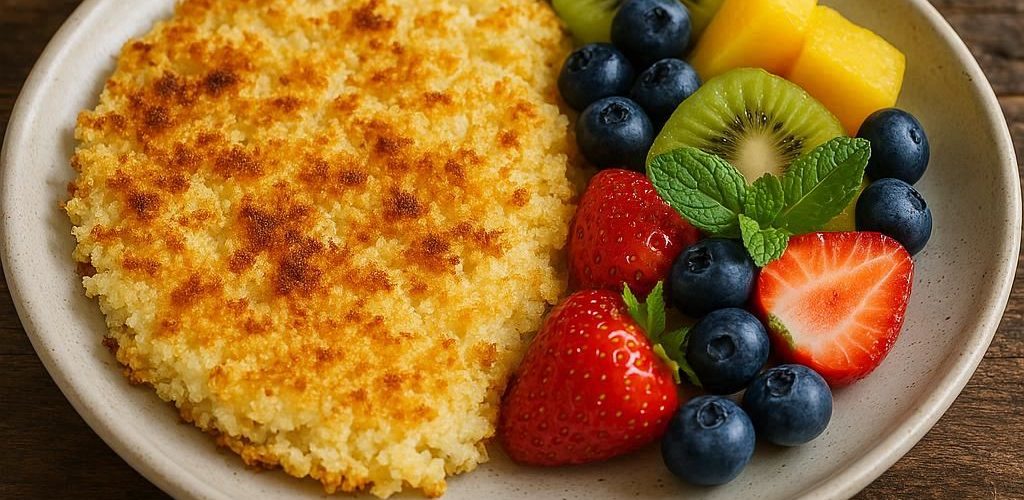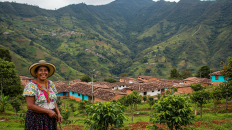Mbeju, a traditional delicacy from Paraguay, has gained recognition far beyond its origins, captivating taste buds with its unique texture and delightful flavor. This starch cake is not just a treat; it embodies the culture and culinary history of Paraguay, offering a taste of the past in every bite.
At its core, mbeju is crafted primarily from cassava starch, also known as tapioca flour, which gives it a distinctive chewy and slightly crumbly texture. The key ingredients are simple, making it a versatile dish. Typically, it includes cassava starch, cheese, milk, and eggs, though variations can include additional spices or herbs. The combination of these ingredients results in a cake that is gluten-free and suitable for various dietary preferences.
Mbeju is not only delicious; it’s an excellent representation of Paraguayan cuisine, which is heavily influenced by indigenous ingredients and cooking methods. Cassava, a root vegetable native to South America, is a staple in many Latin American countries. Its popularity stems from its adaptability and the fact that it is a reliable source of carbohydrates. In Paraguay, where agriculture and local produce play a crucial role in daily life, using cassava in dishes like mbeju is a natural choice.
The preparation of mbeju is relatively straightforward but requires some patience. Typically, the cassava starch is mixed with the other ingredients to form a dough-like consistency. The mixture is then shaped into round discs or patties and cooked on a hot griddle or in a pan until golden brown. The result is a crispy exterior with a soft, chewy interior, creating a delightful contrast that many find irresistible.
One of the best things about mbeju is its versatility. It can be enjoyed as a snack, a side dish, or even as a breakfast item, often paired with coffee or tea. The mild flavor of the cake makes it an excellent canvas for various toppings. Some people like to slather it with butter or cheese, while others enjoy it plain or with a sprinkle of sugar. This adaptability has made mbeju a beloved item at celebrations, family gatherings, and casual meals alike.
In addition to being a flavorful dish, mbeju also carries cultural significance. It is often associated with gatherings and festive occasions, where sharing food is a way to foster community and connection. Preparing mbeju is sometimes a communal activity, bringing families together as they share stories and laughter while cooking. This aspect of the dish highlights the importance of food in Paraguayan culture – it’s not just about nourishment; it’s about bonding and creating memories.
For those wishing to try their hand at making mbeju, various recipes are available online, both traditional and modern interpretations. The process allows for creativity in the kitchen, and it’s a wonderful way to introduce others to the flavors of Paraguay. Bearing in mind the relatively simple ingredient list, this dish is accessible to cooks of all skill levels.
In conclusion, mbeju is more than just a starch cake; it’s a delicious fusion of history, culture, and culinary skill. Whether you’re indulging in it for breakfast or serving it at a family gathering, mbeju is sure to be a hit, bringing a little piece of Paraguay into your home. Dive into the delightful world of mbeju – you won’t be disappointed!




Add comment